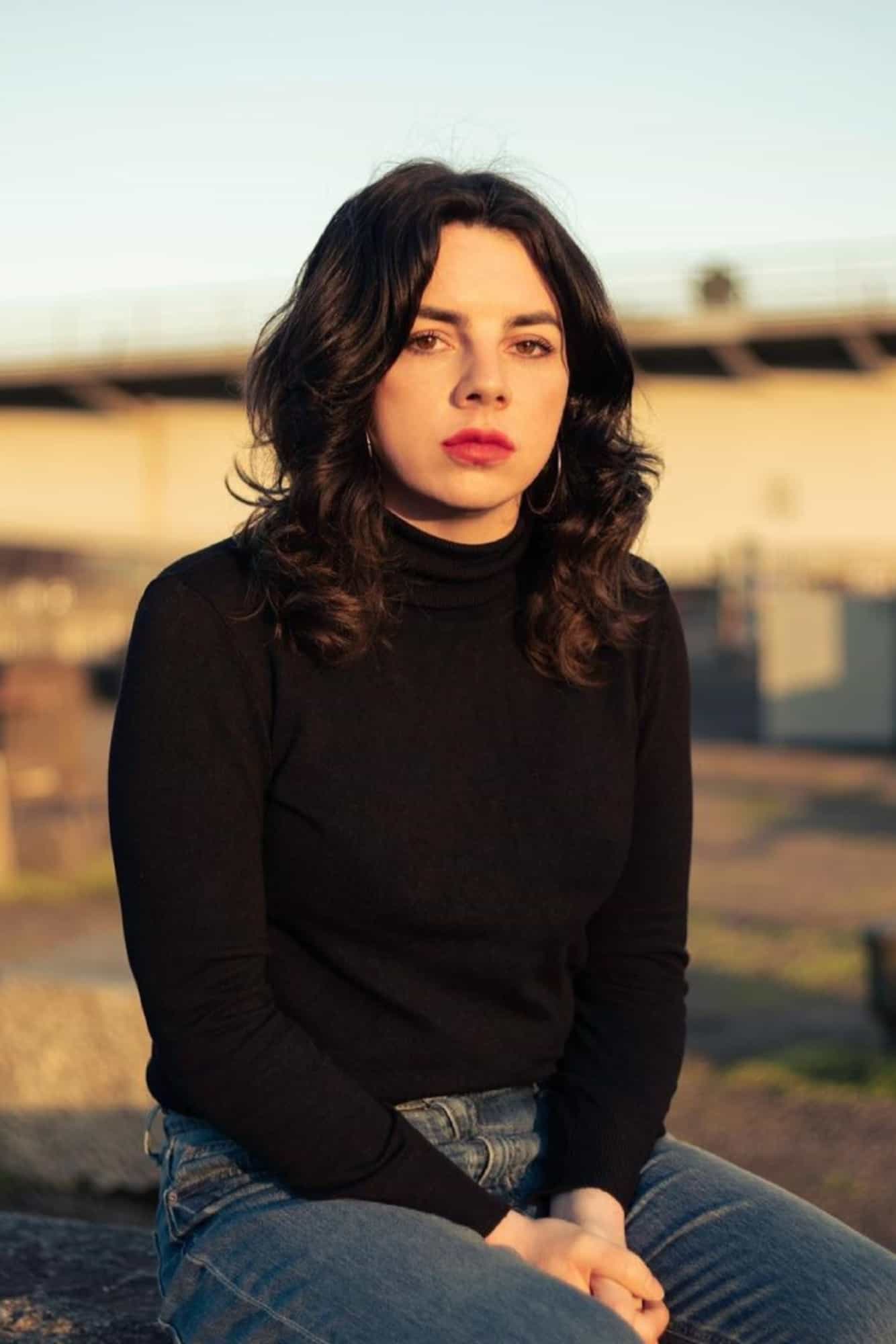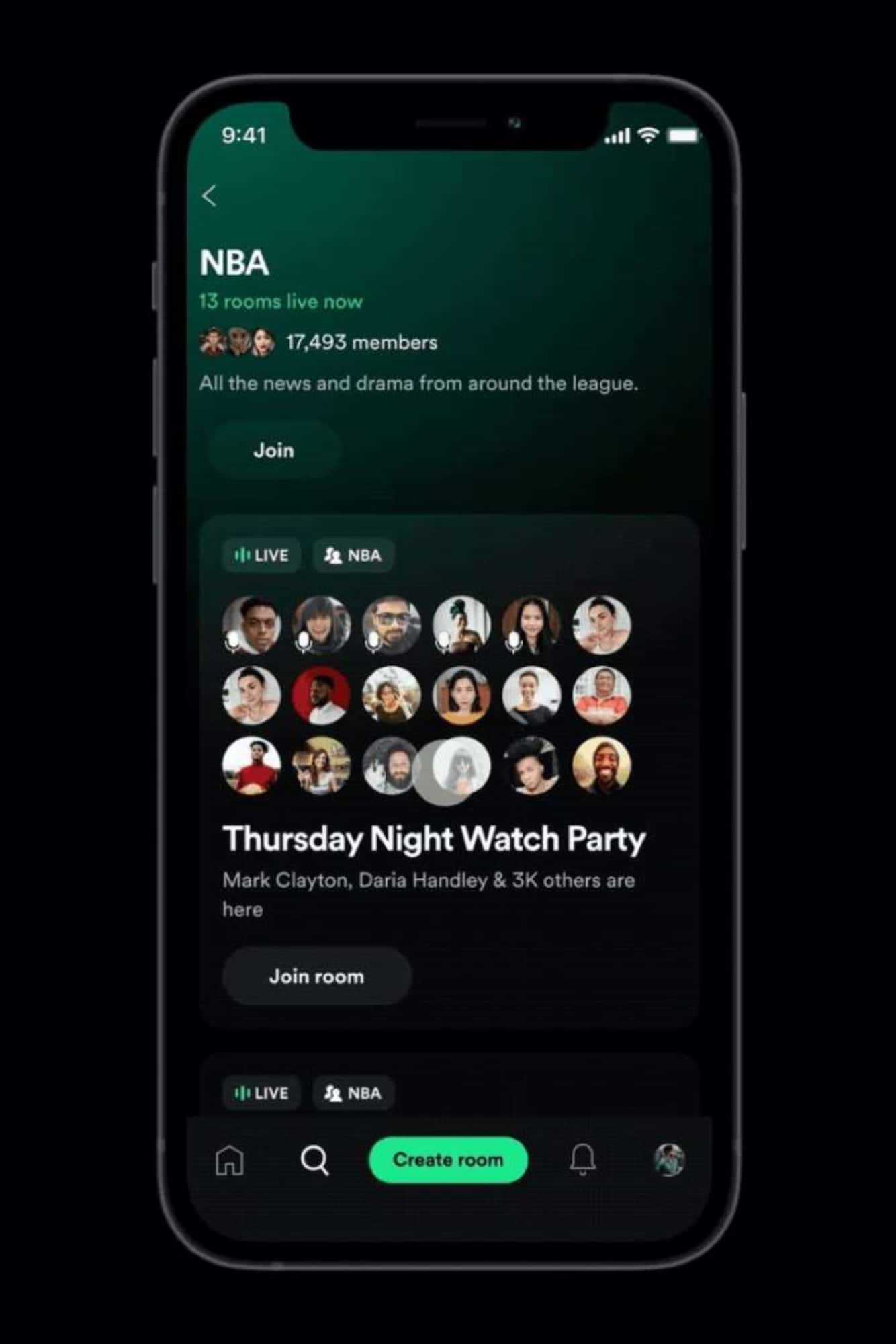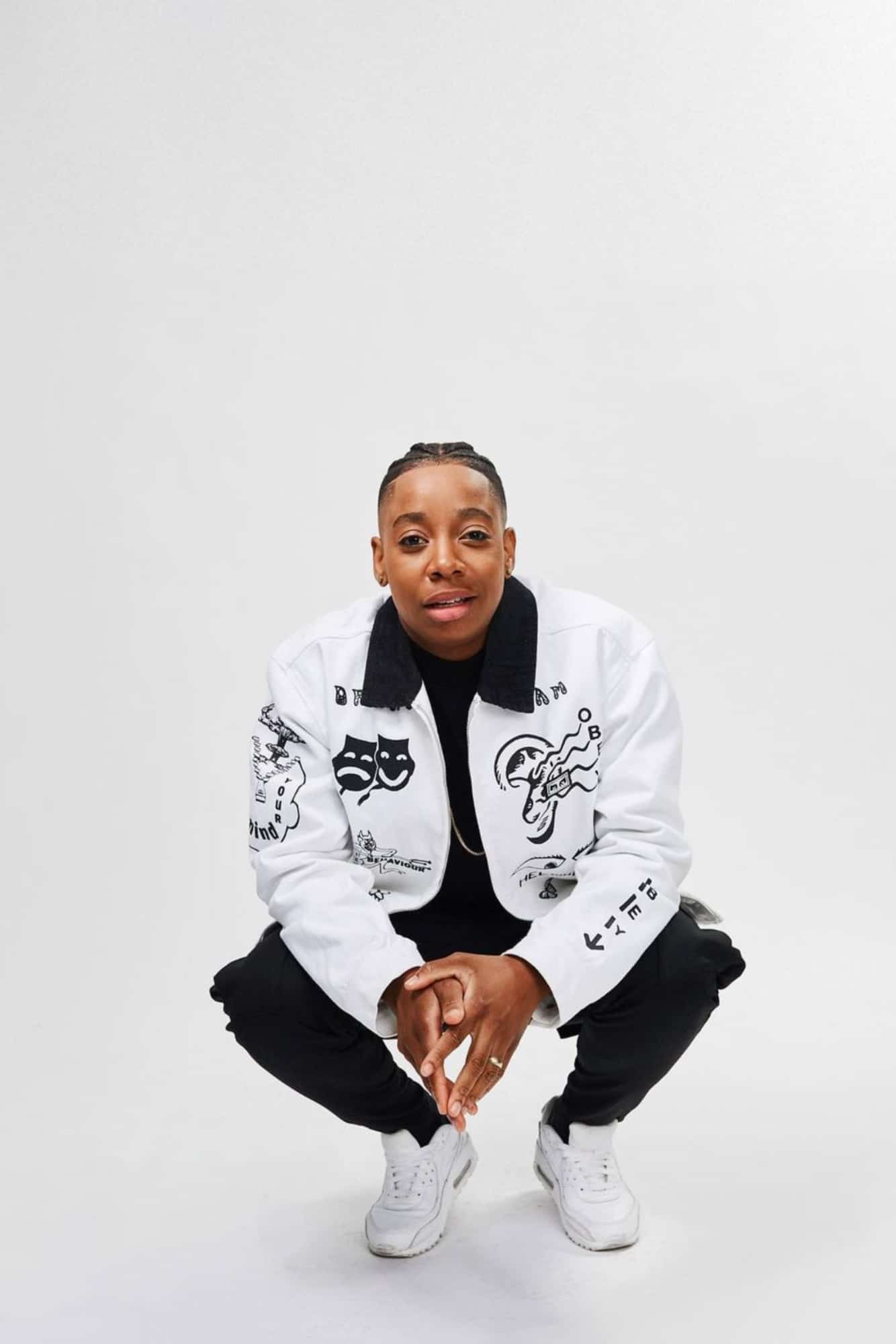Following the bug-ridden demise of Napster and LimeWire, Spotify has emerged as one of the longest-standing music services in today’s market. With over 356 million monthly active users (including 158 million paying subscribers), it has evolved into one of the world’s largest music streaming providers. However, with an audio boom taking precedent beyond the walls of music, Spotify has wasted no time in redirecting its focus to establish itself as the ultimate hub for non-music programming.
Just last week, the streaming service made a bold move by waiving its chance to earn additional revenue in order to overthrow Apple’s reigning dominance in the podcast industry with its new podcast subscription plan. While the latter unveiled a subscription plan in which podcasters will be able to sell monthly subscriptions within the app for ad-free or bonus content, allowing the tech giant to keep up to 30% of subscription fees, Spotify countered with an offer that would see its creators benefit from keeping 100% of their fees for the first two years.
For the past few years, the streaming juggernaut has been working extremely hard to secure its position in the podcast-turned-audio race. Back in 2018, Spotify secured a distribution deal with NPR in the US before expanding to the global market at the end of 2020. It also acquired notable podcast platforms including Anchor, Gimlet and Parcast and in the past year alone we’ve seen a surge of exclusive podcasts with some of the biggest names in popular culture, including its most recent project with Barack Obama and rockstar Bruce Springsteen, Renegade: Born in the USA. Last month, Spotify moved outside of pre-recorded content to assert its position in the battle of live audio by acquiring live sports audio app Locker Room, which it will expand further to additionally focus on music and culture related content. In January, Spotify also began testing the appeal of audiobooks and to top it all off, the streaming giant finally announced its new lossless audio streaming tier “Hi-Fi” to boost the overall listening experience on the platform.
You may also like
Quite frankly, its giving is overbearing. Spotify has shared that its investment in podcasts has increased overall usage, engagement and customer retention, which is great. But, what about its critical role in the music industry? For years, Spotify has received backlash for unfairly compensating and undervaluing the work of musicians. Even in its effort to address these concerns with its transparent initiative Loud & Clear – which offers insight into how much the platform pays and distributes money to artists – Spotify couldn’t shy away from the fact that hundreds of thousands of performers are earning less than living wage through its platforms streams. And yet a solution outside of tipping jars and merchandise integration hasn’t been drawn.
With various payments systems emerging to be a practice among other thriving platforms, Spotify really has no excuse – especially when it’s making such an effort with its podcasters. In March, SoundCloud raised the bar when it announced its Fan-Powered Royalties pay model. A counter response to the widely used pro rata model saw SoundCloud reveal it will be paying independent artists based on their actual listeners instead of splitting up money from a large pot of income that is then shared and benefitted among the platform’s most popular artists, like Spotify.
We’ve all seen what lack of monetisation and poor payment systems can do to a platform – cough, Vine. And with a direct payment culture that isn’t going anywhere anytime soon paired with Spotify’s responsibility as one of the world’s largest streaming platforms, it needs a new financial plan to help broaden its revenue for its artists. Is that clear enough for you Spotify?
By Jennifer Adetoro, culture editor for CORQ.










